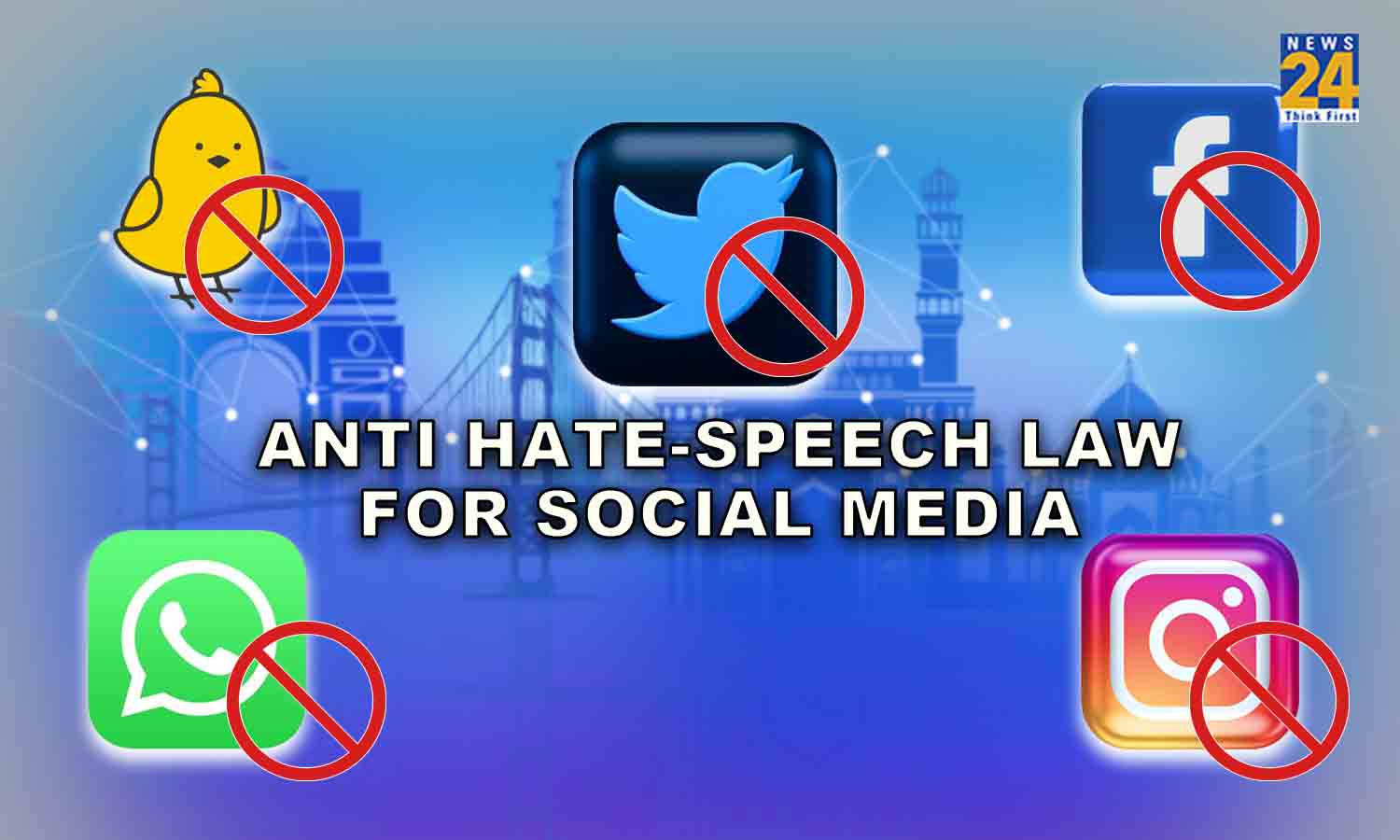New Delhi: Following a long consultation of almost 5 years, preparations have now been started to pass an anti-hate speech law to stop hateful content on social media. The draft of the law is being prepared, keeping in mind the directions of the Supreme Court regarding hate speech. Reference from laws of other countries and all aspects of freedom of expression are also being considered.
Textbook Definition of Hate Speech
The law will soon be put up for public opinion. The law will have clarity in defining a textbook case of hate speech. This will help any user on social media to understand what actually comes under the purview of anti-hate speech law. This will ensure that, whatever is being spoken, written, or maybe posted as a meme should be double checked by a user. People should have a realization that social media is not a vast canvas of posting unnecessary things which may not be true in entirety.
What can be treated as Hate Speech
People should become conscious of the fact that making comments or criticism about an issue or a person should be done but within the limits of dignified freedom of speech and expression. The government has created the draft of anti-hate speech law based on the observations made by the Supreme Court. The Law Commission has made it clear that it is not necessary that only the speech which spreads violence should be treated as hate speech.
Social Media acts as Catalyst to Dilute the difference between Information and Opinion
In the age of social media, the users are presented with a limitless field to express their views. However, the biggest drawback of social media is that it acts as a catalyst that dilutes the difference between information and opinion on a large scale.
The credibility is not associated with an individual piece of information, but the source of information. If the account of a public figure or may be a celebrity rolls out some information, it automatically comes with a tag of credibility. People are bound to believe such information when the source is an influential personality of the society.
Difference between Information and News
However, the rules change when media houses and media-person are involved as they are bound to have a source of authentic information. The fundamental difference between information and news is that an information needs to be verified to evolve as news. A piece information has more space for interpretation whereas a news should not be open to interpretation.
In the rat race of breaking stories and garner more views to stack yourself at the top of the ladder of. There have been instances where institutions have rolled out unverified information as a news piece and people have started believing them as premiere truth.
Social Media Controls Society
We live in a society where the most powerful organizations are IT giants. They are one of the largest portals which in many ways have established a certain amount of psychological control over the users. Social media giants like Twitter, Facebook, Instagram, Whatsapp, and Koo are some of the platforms which have become an integral part of life for almost every individual.
Lies and offensive ideas are easily spread by concealing identities on the Internet. In such a situation, language that increases discrimination should also be kept in the purview of hate speech. Once the definition of hate speech is clear, social media platforms will not be able to get away from the fake news or hate speech spread by the users.
Anti-Hate Speech Law will also Counter Anonymous Users
Most of the misleading information in the country is spread through platforms like Facebook, Twitter, WhatsApp, Instagram, and Koo. Many users operate under anonymous profiles. With the implementation of strict laws against them, the path for legal action will be opened. This will increase sensitivity of people towards verifying information before they wish to share it.










